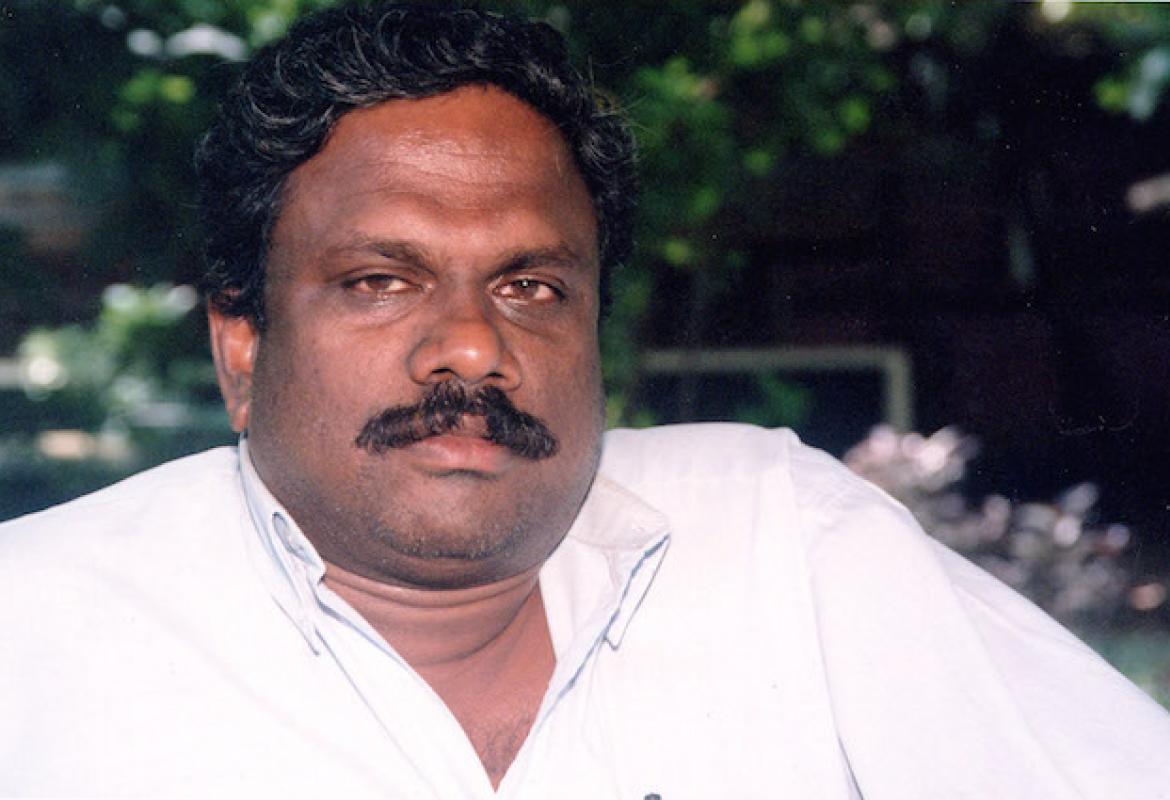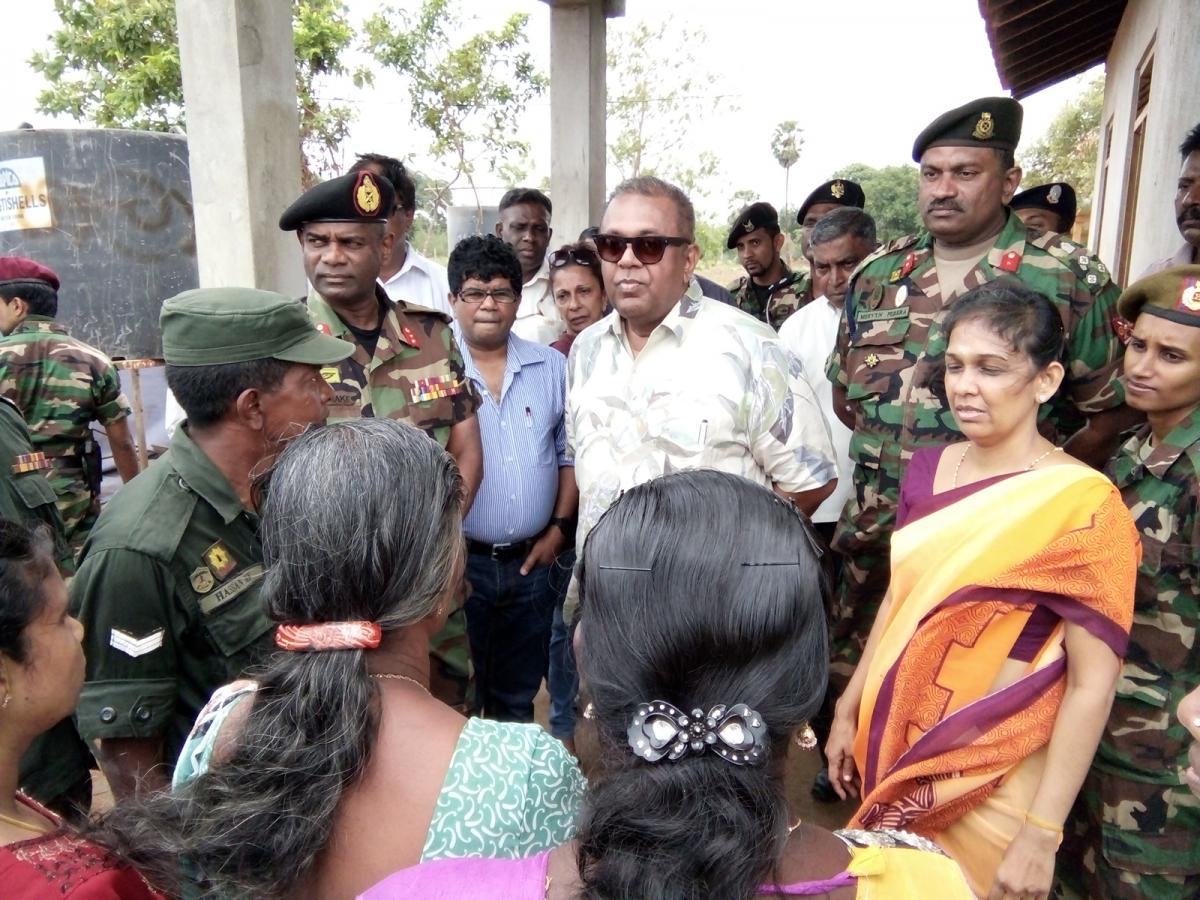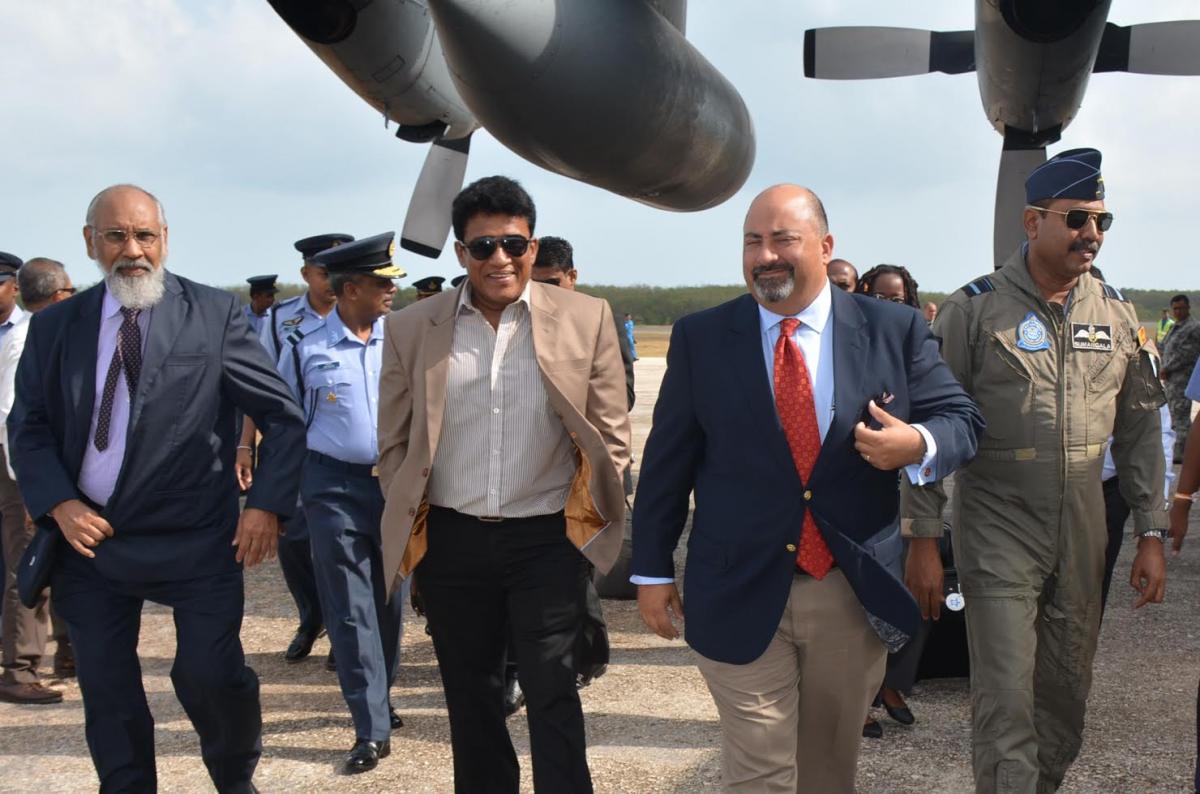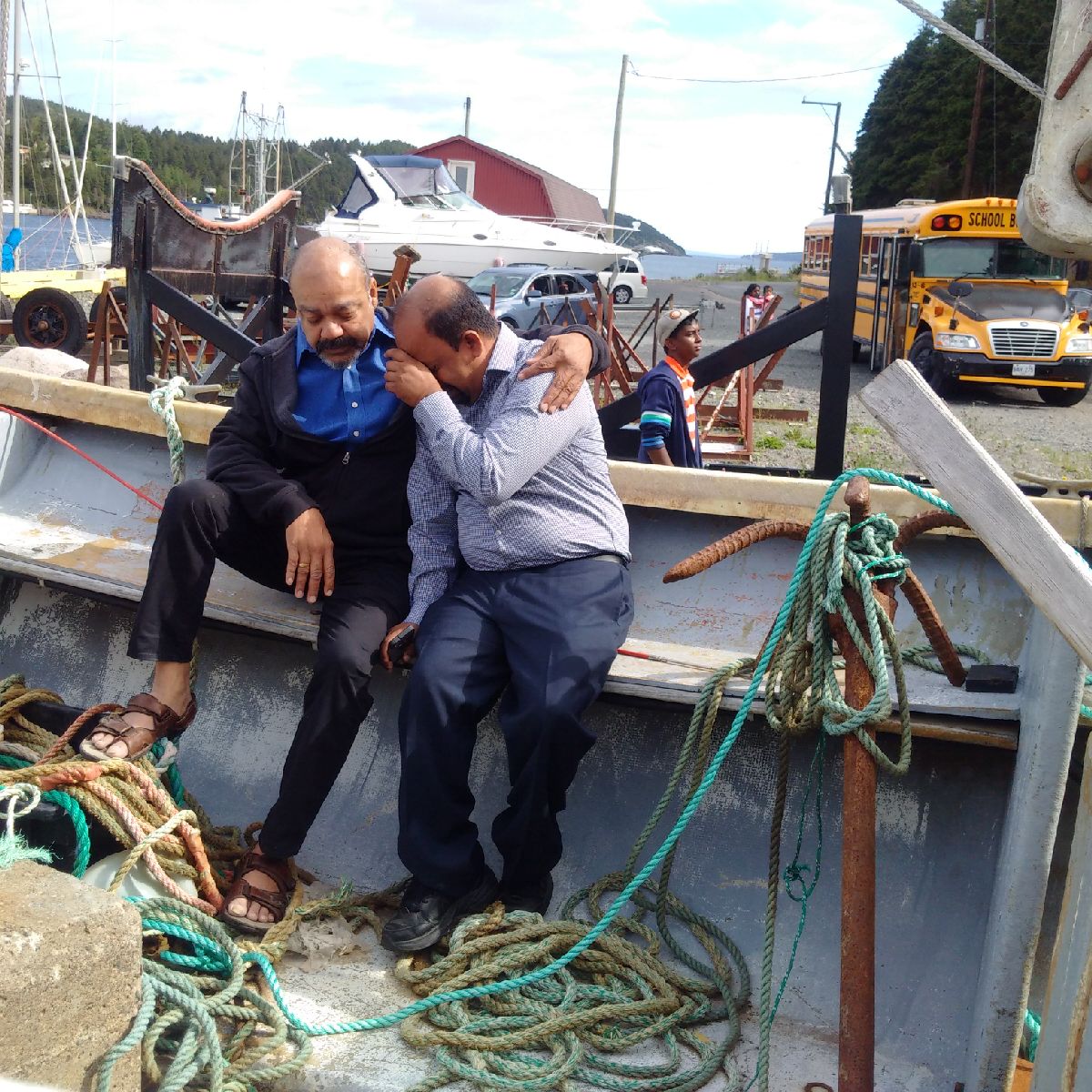Thousands of Tamils from across the North-East participated in the Ezhuka Tamil rally (Rise Up Tamil) in Jaffna today.
The rally, which was organised by the Tamil People's Council, raised awareness about key issues of concern for the Tamil people, including ongoing militarisation and state sponsored Sinhala colonisation of the Tamil homeland, the need for an international investigation into mass atrocities committed against the Tamil people, the continued detention of Tamils under the Prevention of Terrorism Act and the need for a political solution based on a federal model which recognises the Tamil nation and its right to self-determination.
See full declaration here.
Organisers estimate that approximately 10,000 people attended the rally, making it the largest Tamil rights protest since the end of the armed conflict more than 7 years ago.
A procession from Nallur was joined by another from Jaffna University and gathered at Muttaveli for the main rally, which saw speeches from politicians and activists. As crowds gathered outside the famous Nallur temple, the arrival of Northern Province Chief Minister C V Wigneswaran signalled the start of the rally. After Justice Wigneswaran cermeoniously broke coconuts, crowds marched thorugh the streets of Jaffna, holding placards and chanting slogans.



_0.jpg)


